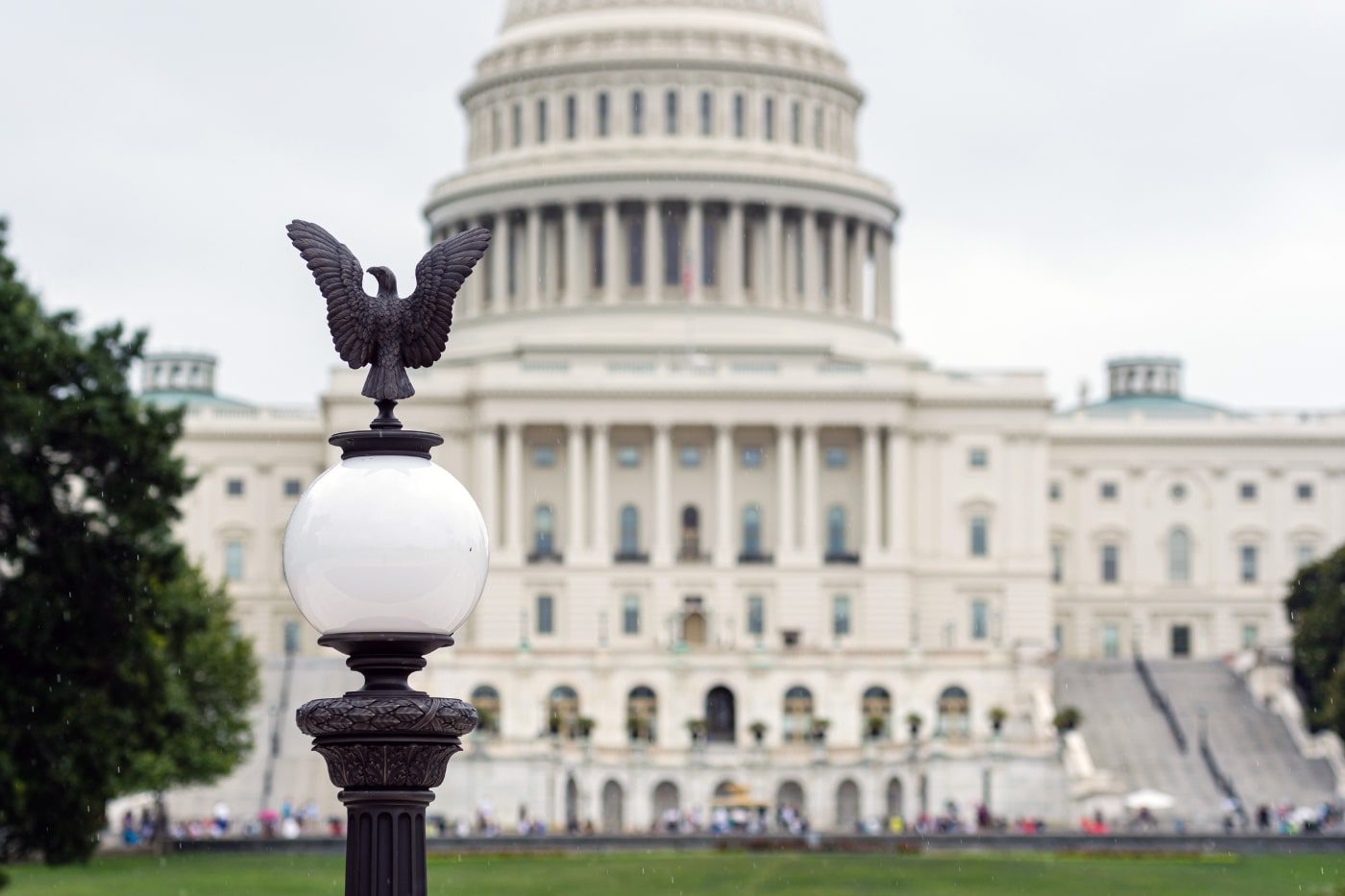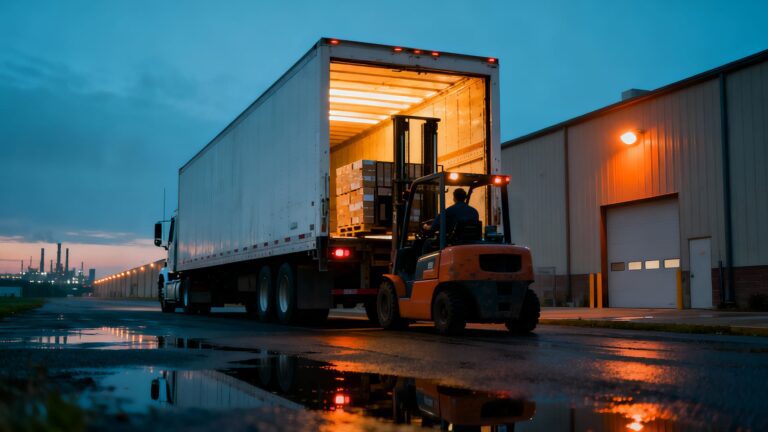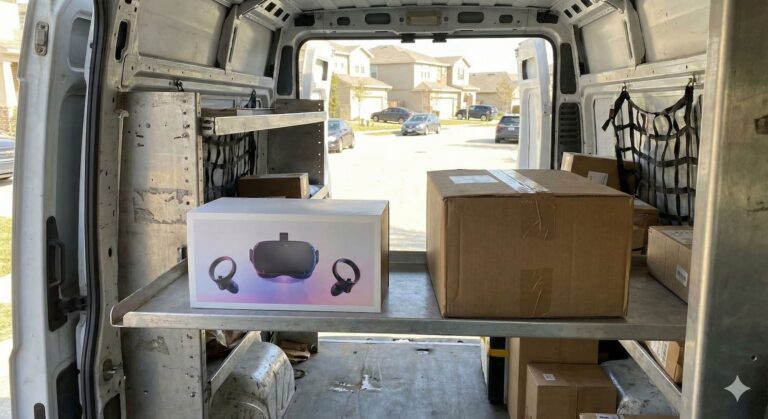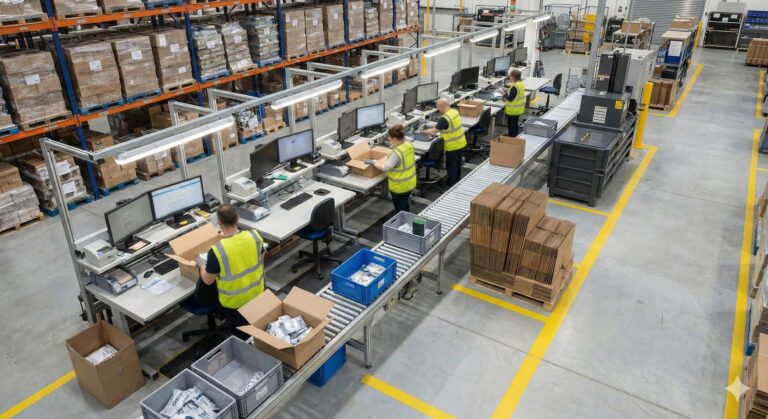Government logistics is not just about moving boxes; it’s about ensuring security, responding to crises, and delivering vital services. From military deployments to emergency relief efforts, the efficient movement of goods, personnel, and information is essential in effective governance.
Effective logistics is indispensable for modern government operations, enabling agencies to achieve their objectives, manage resources efficiently, and serve the public effectively. This intricate network of planning, transportation, and supply chain management touches nearly every facet of public life. In this article, we’ll explore the diverse ways logistics impacts government operations, the unique challenges this sector faces, and the innovative solutions that are shaping its future.
The Scope of Government Logistics
Government logistics isn’t confined to one area; it’s a multifaceted operation that spans a wide range of essential services.

Defense Logistics: Supplying the Armed Forces
From boots on the ground to sophisticated weaponry, defense logistics ensures that military personnel have the resources they need, wherever they are in the world. This includes:
- Procurement and distribution of essential supplies like food, water, uniforms, and medical equipment.
- Maintenance and repair of vehicles and equipment.
- Strategic transportation of troops and materiel, often across vast distances and challenging terrains.
- Management of complex supply chains and coordination with numerous vendors and partners.
Disaster Relief: Getting Aid Where It’s Needed Most
When disaster strikes, time is of the essence. Effective logistics is crucial for delivering aid quickly and efficiently to affected populations. This involves:
- Rapid deployment of emergency supplies like food, water, shelter, and medical assistance.
- Coordination of search and rescue operations.
- Logistics support for first responders.
- Distribution of aid to those in need, ensuring equitable access and minimizing waste.
Public Health Logistics: Vaccine Distribution and Medical Supplies
Protecting public health relies heavily on efficient logistics. Consider these critical functions:
- Secure storage and transportation of vaccines.
- Distribution of medical supplies to ensure hospitals and clinics have the necessary resources.
- Management of public health emergencies with rapid response and resource allocation.
- Coordination with healthcare providers to streamline the flow of supplies.
Infrastructure Projects: Moving Materials for Development
Building and maintaining infrastructure requires a well-oiled logistics machine. This encompasses:
- Sourcing and transportation of construction materials.
- Management of heavy equipment to ensure availability and proper maintenance.
- Coordination with contractors and suppliers and streamlining project timelines.
- Logistics planning for large-scale projects, minimizing disruptions and maximizing efficiency.
Elections: Securing and Transporting Voting Equipment
Even the democratic process relies on logistics. Elections require:
- Secure storage and transportation of voting machines.
- Distribution of election materials like ballots, forms, and other essential documents.
- Coordination with polling places for timely delivery and setup of equipment.
The common thread across all these areas is the need for meticulous planning, efficient execution, and robust technology.
Challenges in Government Logistics
Government logistics isn’t without its hurdles. Navigating this complex landscape demands careful consideration of several key challenges.
Complex Supply Chains
Government supply chains are often intricate webs involving multiple vendors, layers of approvals, and stringent regulations. This complexity can lead to:
- Delays in procurement and delivery.
- Increased administrative overhead.
- Difficulties in tracking goods and materials.
- Challenges in complying with diverse regulatory requirements.
Demand Fluctuations
Government agencies must be prepared to respond to sudden surges in demand, whether it’s a natural disaster or a public health crisis. This requires:
- Flexible and scalable logistics systems.
- Contingency planning for unforeseen events.
- Capacity to quickly ramp up operations.
- Effective communication and coordination.
Security Concerns
Governments often handle sensitive materials, from classified documents to hazardous substances. Security breaches can have serious consequences, making robust security protocols essential. This includes:
- Secure storage facilities.
- Tracked and monitored transportation.
- Rigorous background checks for personnel.
- Cybersecurity measures to protect data.
Budget Constraints
Public funds are limited, requiring government agencies to maximize efficiency and minimize costs. This can be challenging when faced with:
- Rising transportation costs.
- Aging infrastructure.
- Competing priorities for funding.
- Need for continuous improvement and cost optimization.
Transparency and Accountability
Government operations must be transparent and accountable to the public. This means:
- Maintaining detailed records of all transactions.
- Ensuring fair and open procurement processes.
- Providing clear reporting on expenditures.
- Building public trust through ethical and responsible practices.
The Importance of Technology in Government Logistics
In government operations, technology isn’t just an advantage—it’s a necessity. Modern logistics relies heavily on cutting-edge tools to enhance efficiency, security, and responsiveness. Here’s how technology is revolutionizing government logistics:
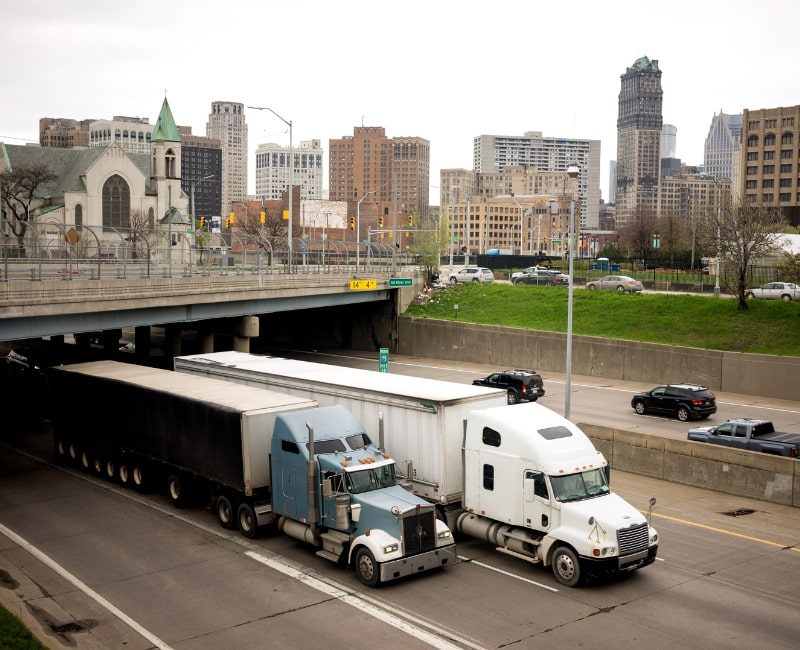
Real-Time Tracking and Visibility
Imagine trying to manage a complex supply chain without knowing the location of your critical assets. Impossible, right? Real-time tracking and visibility provide that essential insight.
Using technologies like GPS, RFID, and IoT sensors, government agencies can monitor the movement of goods, equipment, and personnel, ensuring timely delivery and proactive problem-solving. This level of transparency is crucial for everything from disaster relief efforts to military deployments.
Data Analytics and Forecasting
Data is essential for informed decision-making. In government logistics, data analytics plays a vital role in optimizing operations.
By analyzing historical data, agencies can identify trends, predict demand fluctuations, and improve forecasting accuracy. This leads to more efficient resource allocation, reduced costs, and better preparedness for future challenges.
Automation for Processes
Manual processes are often slow, error-prone, and costly. Automation offers a solution by streamlining repetitive tasks and improving efficiency.
From automated warehouse management systems to robotic process automation for administrative tasks, technology is transforming how government agencies operate. This frees up personnel to focus on more strategic initiatives.
Cybersecurity
With increased reliance on technology comes increased vulnerability to cyberattacks. Robust cybersecurity measures are essential to safeguard against data breaches, system disruptions, and other threats. This includes everything from firewalls and intrusion detection systems to employee training and incident response planning.
Technology is not just about adopting the latest gadgets; it’s about strategically integrating digital tools to optimize processes and achieve mission objectives.
Partnering for Government Logistics
Many government agencies find that partnering with specialized third-party logistics providers (3PLs) can bring significant advantages.
The Role of 3PLs in Government Operations
3PLs bring a wealth of expertise and resources to the table. They act as an extension of the government agency, managing various aspects of the supply chain, including:
- Warehousing and distribution
- Transportation and freight management
- Inventory management and control
- Supply chain optimization
- Technology integration
Benefits of Outsourcing Logistics
Outsourcing logistics to a 3PL offers several key advantages:
- Access to specialized expertise: 3PLs possess in-depth knowledge of best practices, industry trends, and regulatory requirements.
- Increased efficiency: 3PLs can streamline operations, optimize routes, and leverage technology to reduce costs and improve service levels.
- Focus on core competencies: By outsourcing logistics, government agencies can free up internal resources to focus on their core objectives.
- Scalability and flexibility: 3PLs can quickly scale their operations to meet changing demands, providing flexibility in times of crisis or increased activity.
Building Strong 3PL Partnerships
Building strong 3PL partnerships is crucial for success in government logistics. These partnerships thrive on open and transparent communication channels, ensuring all parties are informed and aligned.
Clearly defined roles and responsibilities eliminate confusion and promote accountability. Regular performance monitoring and reporting provide valuable insights into progress and identify areas for improvement. Finally, a collaborative approach to problem-solving fosters trust and enables efficient resolution of any challenges that may arise.
Delivering on the Promise of Effective Government
A strong logistics network empowers governments to fulfill their promises and serve their citizens. Efficient operations ensure that resources are available when and where they’re needed most, maximizing impact and minimizing waste. It’s not just about moving things; it’s about enabling progress, ensuring security, and building a stronger future.
A skilled 3PL provider brings specialized expertise, cutting-edge technology, and a commitment to continuous improvement, allowing government agencies to streamline their operations and enhance efficiency. Choosing the right 3PL partner makes a significant difference for government operations. At Hanzo, we understand the intricacies of government logistics. Our experienced team develops tailored logistics solutions that meet the unique needs of public sector organizations.
